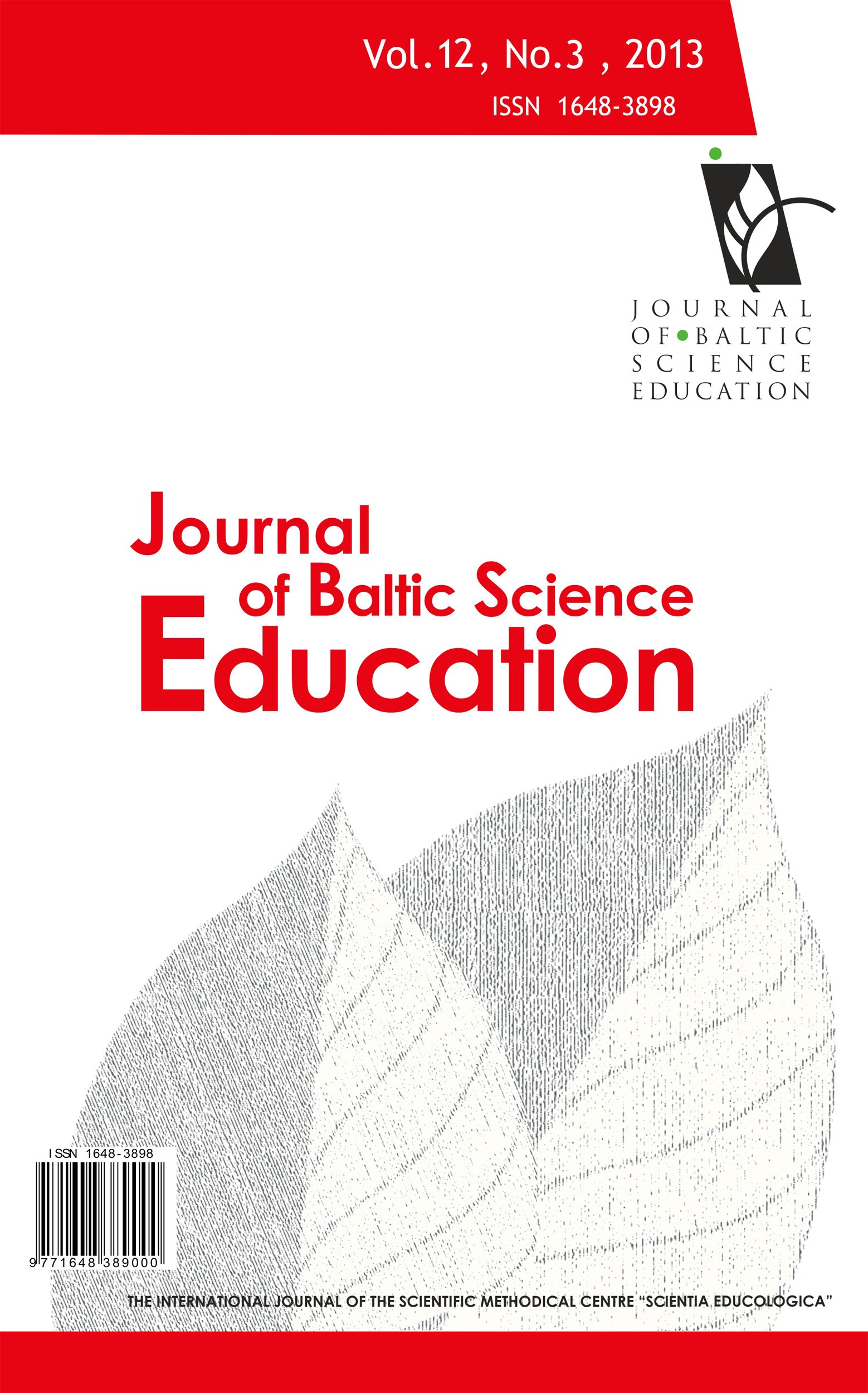THE IMPACT OF SITE-VISITS ON THE DEVELOPMENT OF BIOLOGICAL COGNITIVE KNOWLEDGE
THE IMPACT OF SITE-VISITS ON THE DEVELOPMENT OF BIOLOGICAL COGNITIVE KNOWLEDGE
Author(s): Miriam Muscat, Paul PaceSubject(s): Education, School education, Cognitive Psychology
Published by: Scientia Socialis, UAB
Keywords: concept maps; meta-cognitive tools; out-of-classroom activities; site-visits; Vee diagrams;
Summary/Abstract: Classroom-based science teaching tends to be dominated by teaching that stifles the students’ natural curiosity and eagerness to discover their surroundings. Knowledge makes sense to students particularly when it is learned within the context of an authentic experience. Thus classroom-based science needs to be complimented by out-of-classroom activities which offer direct and relevant information that influences students’ learning. Students build new knowledge on already existing schema, thus it is important for both teacher and students to question and evaluate their knowledge to be able to build on solid grounds. This paper illustrates examples of meta-cognitive tools (i.e. Vee diagrams and concept maps) used before and after site-visits to explore the contribution of out-of-classroom activities to the students’ biological cognitive development. This research shows that site-visits are a necessary part of science learning because they help students develop observational and reasoning skills, link biology to personal life experiences and contextualise inert classroom knowledge, making it more meaningful and easier to remember.
Journal: Journal of Baltic Science Education
- Issue Year: 12/2013
- Issue No: 3
- Page Range: 337-351
- Page Count: 15
- Language: English

